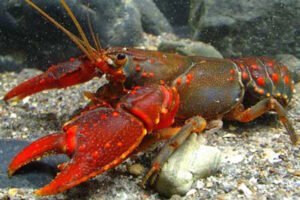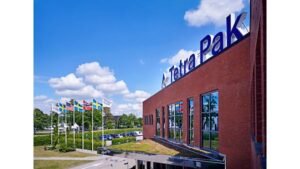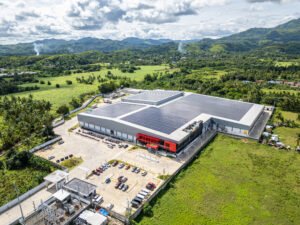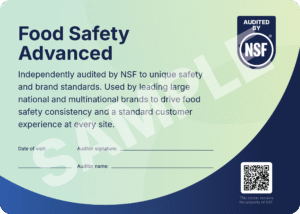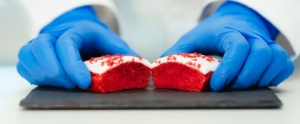Wednesday, 28 January 2026
LoHi by Finnforel: Clean, Convenient, and Sustainable Protein for Future
Nora Hortling, CEO of Finnforel As global demand for healthy and sustainable protein rises, Finnish aquaculture innovator Finnforel is making waves with its pioneering approach to land-based fish farming. The…
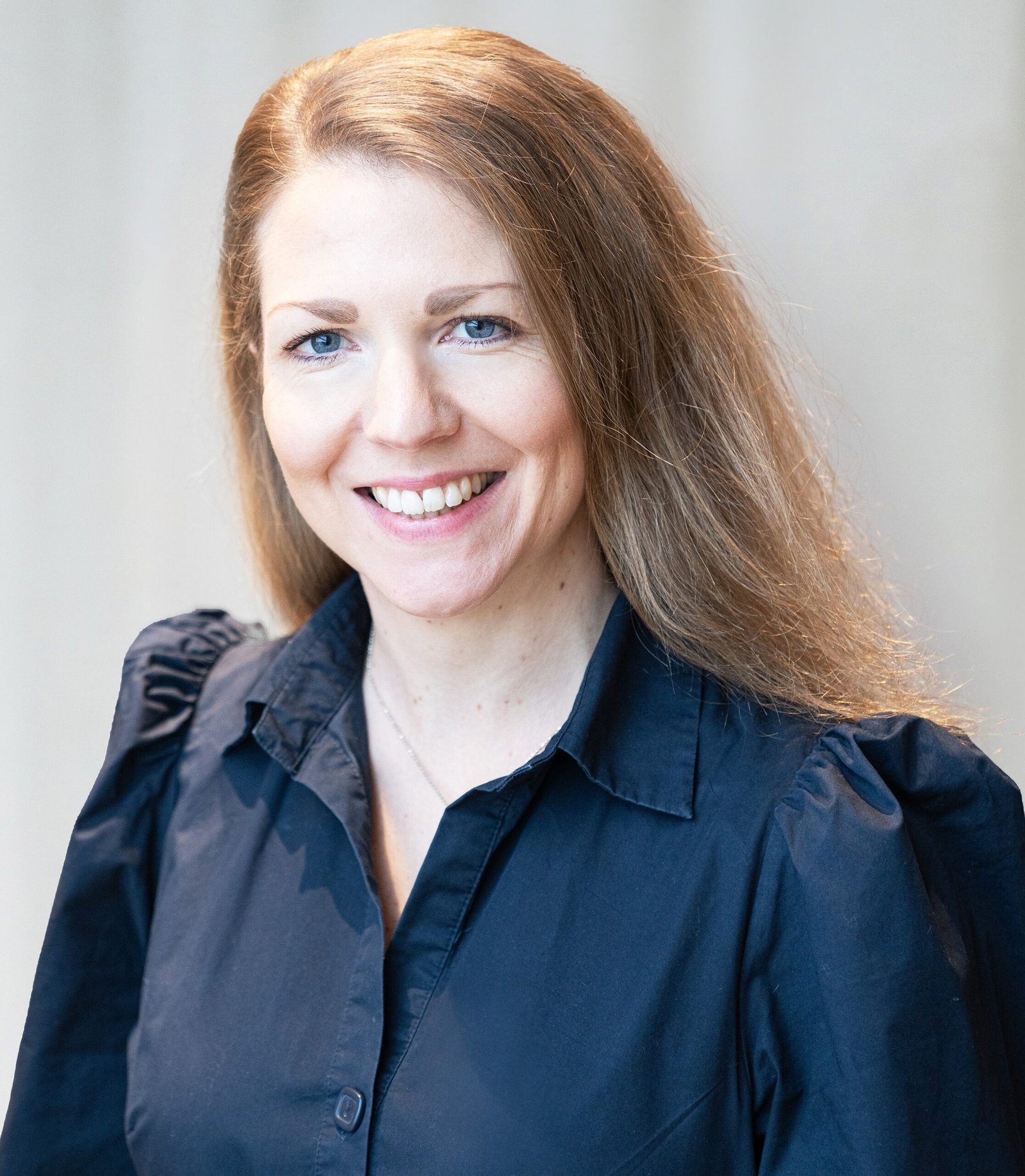
Nora Hortling, CEO of Finnforel
As global demand for healthy and sustainable protein rises, Finnish aquaculture innovator Finnforel is making waves with its pioneering approach to land-based fish farming. The company has recently introduced its premium trout brand LoHi, to the UAE, starting with LuLu Hypermarkets, marking a significant step in its international expansion journey. Known for its closed-loop aquaculture technology (RAS), Finnforel combines ecological responsibility with uncompromising quality, offering consumers clean, convenient, and sustainable seafood. In conversation with NUFFOODS Spectrum, Nora Hortling, CEO of Finnforel, explores the company’s entry into the Middle East, its efforts to transform aquaculture globally, and its vision for the future of sustainable seafood.
Finnforel has successfully launched its LoHi brand in the UAE, starting with LuLu Hypermarkets. What makes the UAE a strategic market for your global expansion?
We see the UAE as an attractive market. The consumption of fish is at a good level already, so there is a demand for the product. The market for fish and seafood in the UAE is growing around 5-6 per cent annually.
The consumer base is interested in healthy and protein-rich products. Trout is somewhat new to the market, so we can differentiate ourselves from our competitors.
LoHi products are marketed as clean, convenient, and sustainable. How does your closed-loop aquaculture technology (RAS) ensure both ecological responsibility and premium quality for consumers?
Even though the waters in the lakes around our factory are very clean, the water that comes into our factory is cleaned once more before it goes into the fish tanks. We recirculate 99 per cent of our water. The water that goes out of the factory is cleaned twice before it returns to nature. All sludge is collected and used as biogas. Our fish are under 24/7 surveillance to guarantee well-being and the highest quality.
We are both ASC and IFS certified to ensure sustainable farming and high-standard product processing.
By providing convenient, consumer-packed products, no waste is created at home or in restaurant kitchens. All sidestreams are utilized and further used as raw material for pet food.
Our products are clean, and because of our closed environment, we do not need to use vaccines for the fish or preventive antibiotics. The water is free from microplastics.
Many aquaculture systems face criticism over environmental impact and fish welfare. How does Finnforel’s approach address biodiversity concerns and eliminate the need for antibiotics or parasite treatments?
As we are in a closed environment, we do not have the problem of parasites and therefore, no treatments are necessary. Keeping the water quality at a high level is our foremost priority because it has a direct effect on the well-being of our fish
The UAE market has a unique lifestyle and culinary preferences. How did you adapt LoHi’s product formats and branding to meet local consumer expectations?
The reception in the UAE has been very encouraging, showing that LoHi trout has a clear potential to establish itself as a strong alternative to salmon. Consumers are increasingly looking for sustainably produced fish, and LOHI responds directly to this need. During in-store sampling activities, feedback was very positive, particularly about the taste and freshness. Many customers described the flavor as unique and more appealing than other options currently available, which gives us confidence that trout can take a strong position in the market.
With global protein demand set to rise significantly by 2050, what role do you envision Finnforel playing in shaping the future of sustainable seafood worldwide?
We want to change how fish come to our plates; our planet can’t bear an increase in fishing from the seas. also, aquaculture is reaching its limits because of the harm it does to biodiversity and ecology.
By taking our concept and blueprint worldwide, particularly to cities with large populations, we can produce high-quality, healthy protein close to where it is consumed. It is ecological and as fresh as it gets, without harming the environment.
Looking ahead, what are your plans for further expansion in the Middle East and beyond? Do you aim to establish local partnerships or production facilities outside Finland?
Establishing production facilities globally is our vision and goal. We have identified several suitable locations. Currently, we are fully focusing on our production in Finland and expanding our sales and presence in the export market.
Shraddha Warde
shraddha.warde@mmactiv.com
Technology
Capel Marron Farm boosts Australia’s premium food investment credentials
Jan 28, 2026 | Australia
Tetra Pak invests €60Mn in owned pilot plant to advance paper-based barrier technology development
Jan 27, 2026 | Company News
Jollibee Group inaugurates VisMin Commissary in Philippines to support regional expansion
Jan 22, 2026 | Company News
Food Testing
NSF launches retail food safety audit program in ASEAN and Australia
Jan 19, 2026 | Australia
Bringing PFAS testing to the point of need
Jan 16, 2026 | Australia
IMCD opens a Food & Nutrition Laboratory in Cologne
Jan 08, 2026 | Company News
More Popular
Ready-to-stir BLG ingredient offers patient-friendly solution for medical nutrition
Jan 28, 2026 | Company News
Sparkling Ice LIFE SAVERS collab brings four new candy-inspired flavours
Jan 28, 2026 | Beverages
Acker embarks on new era across Europe & Asia with launch of Acker Wine Merchant in Singapore
Jan 28, 2026 | Beverages

